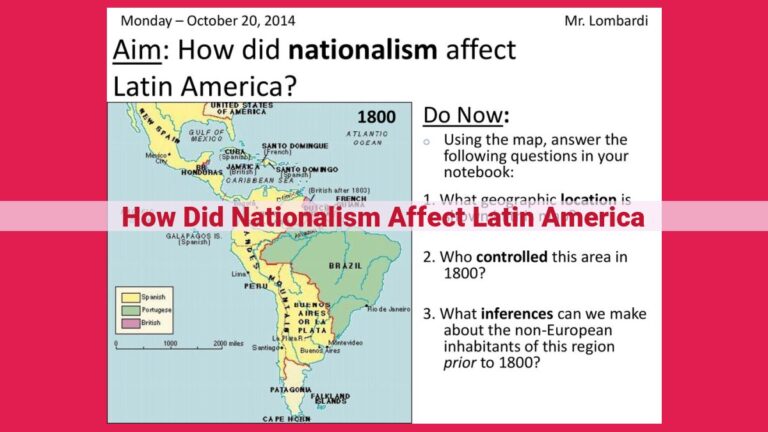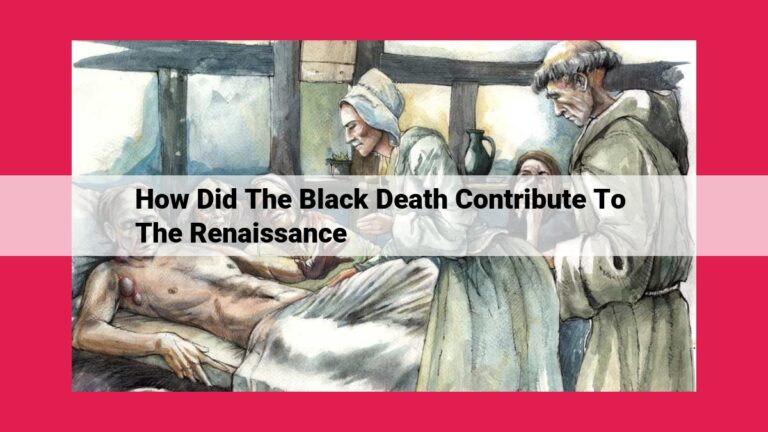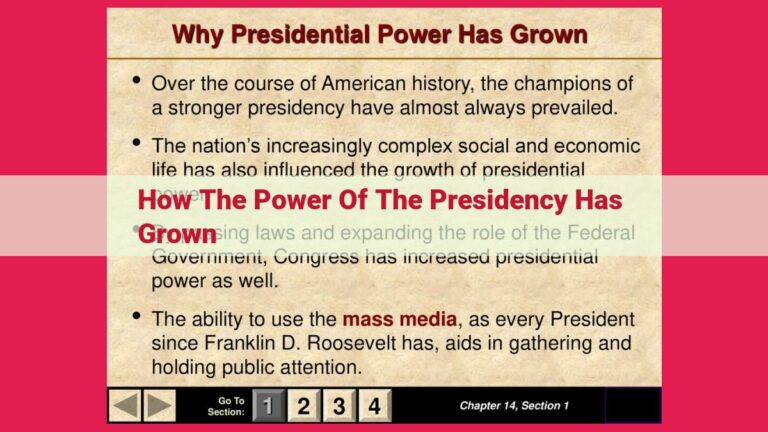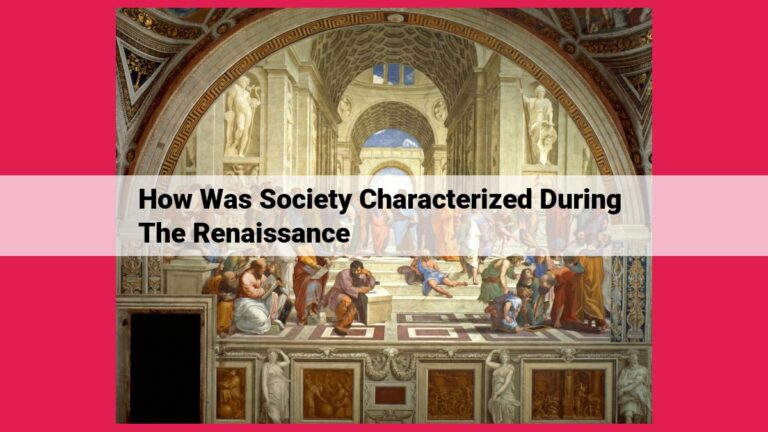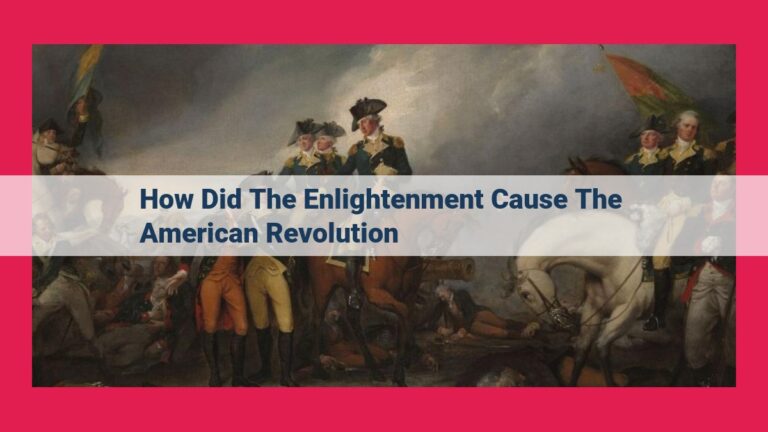How Rousseau’s Philosophy Shaped American Government: A Comprehensive Guide
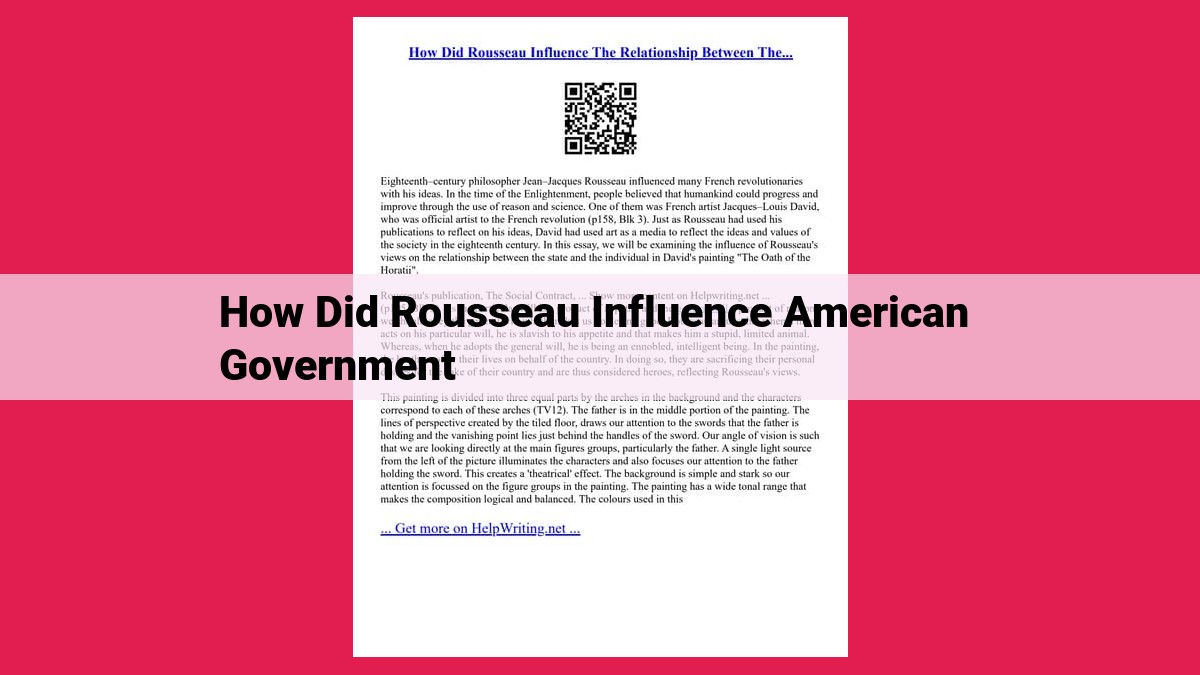
Rousseau’s theories profoundly influenced American government: the social contract formed the basis of the Declaration of Independence and Constitution; natural rights were enshrined in the Bill of Rights; popular sovereignty established the people as the ultimate authority; separation of powers implemented checks and balances; limited government protected individual rights; citizen participation ensured the voice of the people; and the general will guided government decision-making.
Social Contract Theory: The Bedrock of American Government
In the realm of political thought, the social contract theory stands as a towering pillar upon which the foundations of American government rest. This theory, eloquently articulated by the French philosopher Jean-Jacques Rousseau, presents a compelling narrative of how societies emerge and governments are formed.
Central to Rousseau’s concept is the idea that individuals, in their natural state, possess inherent and inalienable rights. To safeguard these rights, they voluntarily enter into a social contract, agreeing to surrender some of their individual freedoms to a collective authority in exchange for the protection and benefits of an organized society.
The influence of this theory on the Declaration of Independence and the Constitution is profound. The Declaration boldly proclaims that “all men are created equal, that they are endowed by their Creator with certain unalienable Rights,” including “Life, Liberty and the pursuit of Happiness.” These rights, rooted in the social contract, form the cornerstone of the American political system.
The Constitution, in turn, meticulously outlines the structure and powers of the government, carefully crafted to prevent any one branch from becoming too powerful. This separation of powers serves as a safeguard against tyranny, ensuring that the government remains accountable to the people.
Overall, the social contract theory provides a powerful lens through which to understand the origins, principles, and enduring legacy of American government. It emphasizes the importance of individual rights, the consent of the governed, and the delicate balance of powers that defines a free and just society.
Natural Rights: The Bedrock of American Liberty
In the tapestry of American governance, natural rights emerge as vibrant threads, interwoven into the very fabric of our nation. These inherent, unalienable rights, bestowed upon each individual by virtue of their humanity, serve as the cornerstone of our social contract and the foundation of our government.
Natural rights and the social contract are inextricably linked. When citizens willingly enter into this agreement to form a government, they do so with the understanding that their inherent rights remain sacrosanct. The government, in turn, is obligated to protect and uphold these rights, safeguarding them from encroachment.
The influence of natural rights on American law is undeniable. The Bill of Rights, the first ten amendments to the Constitution, embodies this principle, enshrining it as a fundamental guarantee for all citizens. These amendments safeguard our freedom of speech, religion, assembly, and more, ensuring that our government cannot abridge these essential rights.
By recognizing the inherent nature of our rights, we underscore the primacy of individual liberty. Government exists to serve the people, not to diminish their rights. It is the imperative of every citizen to be vigilant guardians of these rights, ensuring that they remain unyielding pillars of our society.
Popular Sovereignty: The People Hold Supreme Authority
In the realm of political philosophy, the concept of popular sovereignty stands tall as a cornerstone of democratic societies. This notion holds that the ultimate authority rests with the people, the citizens who entrust their power to the government they elect. In essence, popular sovereignty embodies the idea that government derives its legitimacy from the consent of the governed.
This fundamental principle is deeply intertwined with the social contract theory, which postulates that individuals voluntarily form a government to secure their natural rights. By agreeing to this social contract, citizens confer limited power to the government, ensuring that their fundamental rights and freedoms remain inalienable.
Popular sovereignty has profoundly shaped democratic principles and the electoral system in the United States. The Declaration of Independence unequivocally proclaims that “all men are created equal, that they are endowed by their Creator with certain unalienable Rights, that among these are Life, Liberty and the pursuit of Happiness.” This declaration reflects the inherent belief that government exists to serve the people, not the other way around.
The Electoral Process
The principle of popular sovereignty is vividly manifested in the electoral process. Through free and fair elections, citizens exercise their right to choose their representatives and shape the policies that govern their lives. In the United States, the Constitution establishes a representative democracy, wherein elected officials serve as agents of the people. This system ensures that the government remains accountable to the will of the electorate.
Citizen Participation
Beyond the electoral process, popular sovereignty emphasizes the importance of active citizen participation in government decision-making. This participation can take various forms, such as attending town hall meetings, serving on juries, or advocating for specific policies. Through these avenues, citizens contribute their voices to the collective process of determining the common good.
In conclusion, the concept of popular sovereignty serves as the foundation for democratic societies, where the ultimate authority rests with the people. By entrusting power to their elected representatives, citizens ensure that the government remains a servant of the people, safeguarding their inherent rights and fostering a society that promotes the common good.
Separation of Powers: A System of Checks and Balances
- Define separation of powers as the division of government into distinct branches with specific responsibilities.
- Explain the relationship between separation of powers and the social contract, preventing any one branch from becoming too powerful.
- Discuss the impact of this principle on the Constitution’s establishment of the executive, legislative, and judicial branches.
Separation of Powers: A System of Checks and Balances
In the tapestry of American government, the concept of separation of powers stands as a cornerstone, a safeguard designed to preserve the delicate balance between freedom and authority. It’s a story woven into the very fabric of our nation, born from the experiences of history’s tyrants and the aspirations of a people yearning for self-governance.
Separation of powers is the art of dividing government into distinct branches, each entrusted with specific responsibilities. This division serves as a vital check against the concentration of power in any one branch. It’s a system of checks and balances, ensuring that no one entity can dominate and trample upon the rights of the people.
The Constitution of the United States masterfully implemented this principle, establishing three separate branches of government:
- The Legislative Branch (Congress): The people’s voice, responsible for making laws that govern the nation.
- The Executive Branch (President): The enforcer of the laws, leading the country and overseeing its day-to-day operations.
- The Judicial Branch (Courts): The interpreter of the laws, ensuring justice and fairness for all.
Each branch wields its own unique powers, yet they are interconnected and interdependent. The legislative branch creates laws, the executive branch enforces them, and the judicial branch interprets them. This intricate web of checks and balances ensures that no one branch can overstep its boundaries or stifle the others.
The separation of powers is not merely a political construct; it’s a testament to the wisdom of our Founding Fathers. They understood the dangers of unchecked power and the importance of safeguarding the rights and liberties of individuals. By dividing government into distinct branches, they created a system that protects against tyranny while promoting accountability and effective decision-making.
Limited Government: The Guardians of Individual Rights
In the tapestry of democratic governance, the concept of limited government stands as a beacon of protection for individual rights. This fundamental principle restricts the power of government to ensure that it does not overstep the bounds of its authority and infringe upon the inalienable rights of its citizens.
The genesis of limited government can be traced back to the social contract. In this foundational agreement, citizens voluntarily surrender a portion of their freedoms to the government in exchange for protection and security. However, this surrender of power is not absolute. The social contract implicitly establishes the limits of government authority and empowers citizens to hold the government accountable.
To safeguard against tyranny and the erosion of individual rights, the concept of limited government is enshrined in the very fabric of constitutional democracies. The checks and balances system divides power among different branches of government, preventing any one branch from becoming too dominant. This separation of powers ensures that the executive, legislative, and judicial branches act as watchdogs over each other, ensuring that no single entity can wield excessive authority.
Moreover, the principle of federalism further limits the power of the central government by distributing authority among state and local governments. This decentralized system empowers citizens and local communities to have a voice in governing their own affairs.
The concept of limited government extends beyond constitutional safeguards. Active citizen participation is essential for ensuring that the government remains accountable to its citizens. Through voting, town hall meetings, and jury service, citizens can express their voices and influence government decision-making. This involvement reinforces the idea that power ultimately rests with the general will of the people.
By embracing the principle of limited government, we create a society where individual rights are protected, and the government acts as a servant of its citizens, rather than a master. It is a testament to the enduring power of democracy and the belief that the rights of the individual must always be paramount.
Citizen Participation: The Voice of the People
In the tapestry of American democracy, the threads of citizen engagement are intricately woven, forming the vibrant fabric of our nation. Citizen participation is not merely a civic duty; it is the lifeblood of our government, the beating heart that propels our collective will toward the betterment of our society.
The social contract, the foundation of our political system, rests upon the fundamental principle that the government derives its legitimacy from the consent of the governed. It is through citizen participation that this consent is expressed, shaping the course of our nation’s destiny.
Elections provide the most direct avenue for citizen participation. By casting our ballots, we not only choose our leaders but also articulate our vision for the future. Each vote is a thread in the tapestry, woven together to create a vibrant representation of the people’s will.
Town hall meetings and jury service offer further opportunities for citizens to engage in decision-making. In town hall discussions, we can voice our concerns, share our ideas, and hold our elected officials accountable. Jury service is another vital form of citizen participation, entrusting ordinary citizens with the power to determine the outcome of legal proceedings.
The general will, the collective aspiration for the common good, emerges from the synthesis of individual wills. Citizen participation provides the means for these individual wills to be expressed and harmonized, creating a cohesive force that guides government decision-making.
When citizens actively participate in the political process, they become the architects of their own destiny. Their voices, their ideas, and their aspirations shape the policies that govern their lives and the direction of their nation. Citizen participation is not merely a right; it is a profound responsibility that empowers us to build a society that reflects our collective dreams and aspirations.
In the words of Thomas Jefferson, “The will of the people is the only legitimate foundation of any government.” Let us embrace this principle, cherishing the opportunity to participate in the shaping of our nation’s future. Together, as active, engaged citizens, we can ensure that the tapestry of American democracy remains vibrant and enduring for generations to come.
General Will: The Collective Aim for the Common Good
- Define the general will as the collective will of the people, aimed at promoting the common good.
- Explain the relationship between citizen participation and the general will, where citizens’ individual wills contribute to determining the collective will.
- Discuss the influence of this concept on the idea of the “will of the people” as a guiding principle for government decision-making.
The Collective Aim: General Will and the Common Good
In the realm of political philosophy, the concept of general will stands as a guiding principle that seeks to elevate the common good above individual interests. As defined by Rousseau, the general will is the collective expression of the people’s wills, aimed at promoting the well-being and prosperity of the community as a whole.
This concept is deeply entwined with citizen participation, which serves as the foundation upon which the general will is formed. When citizens actively engage in the decision-making process, they contribute their individual perspectives and aspirations, allowing the collective will to emerge through a harmonious synthesis of diverse voices.
The general will, therefore, becomes a guiding force for government actions, as it represents the common desires and aspirations of the people. It is not the will of the majority imposed upon the minority, but rather a shared vision that transcends individual preferences to advance the interests of the community as a whole.
In a democratic society, the “will of the people” is often invoked as a guiding principle for government decision-making. This concept finds its roots in the general will, as it recognizes the inherent wisdom and collective power of citizens to shape their own destiny. By participating in elections, expressing their views, and holding their leaders accountable, citizens contribute to the formation of the general will and ensure that government actions align with the common good.
